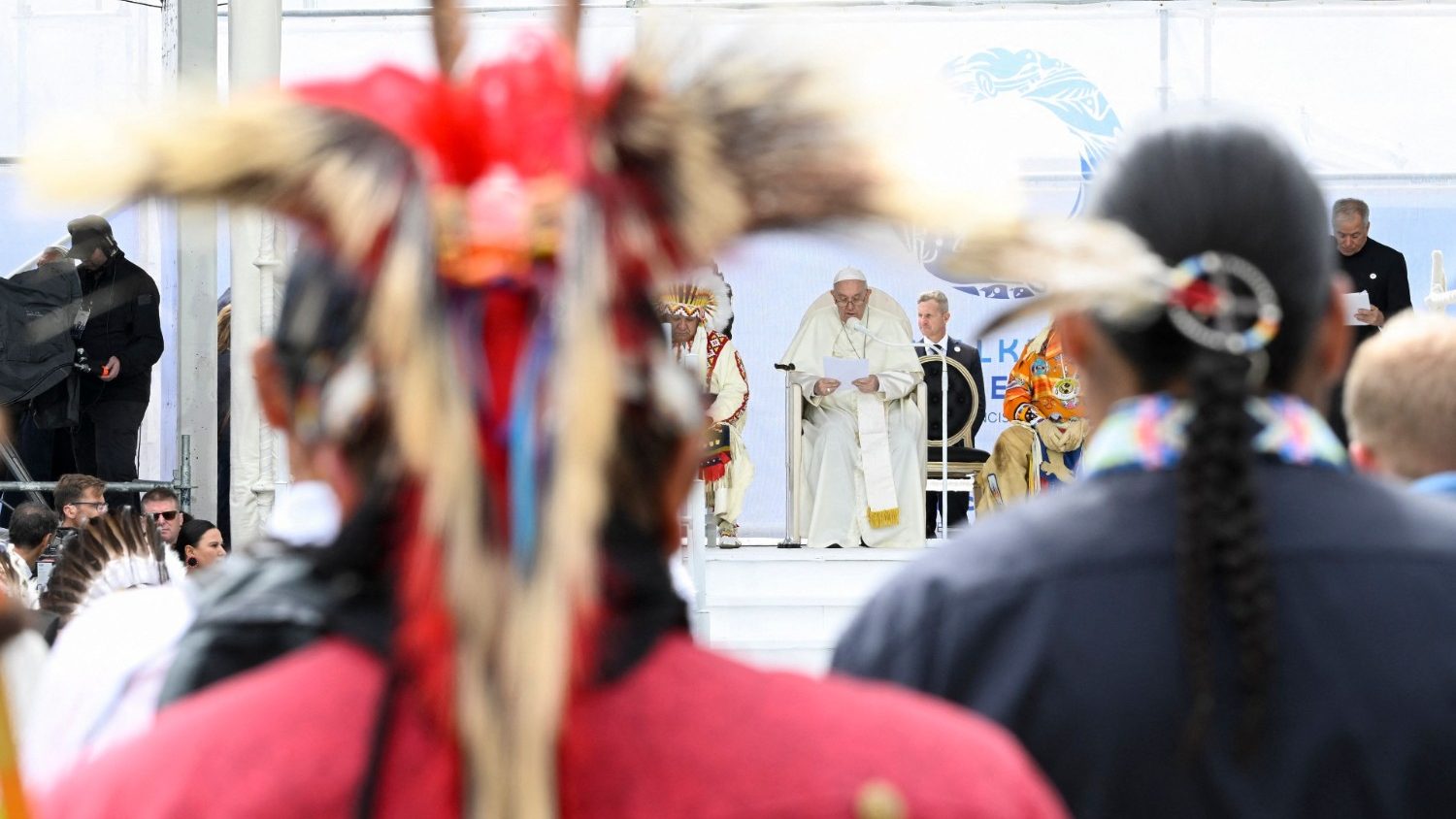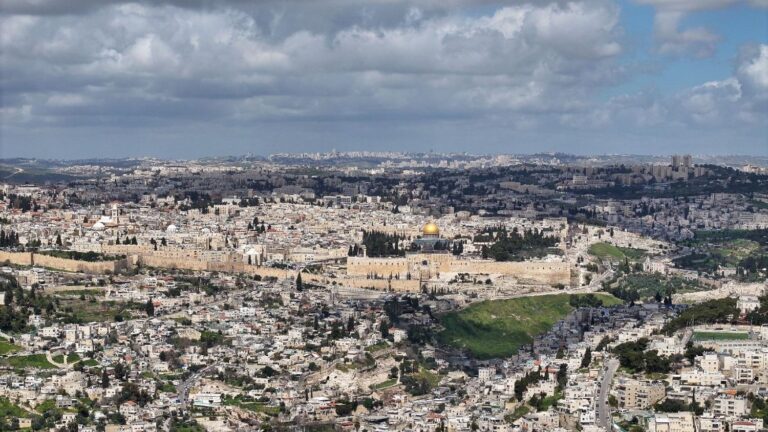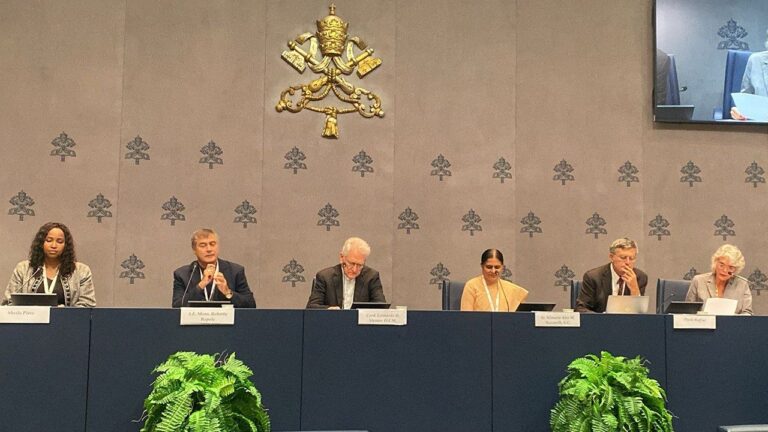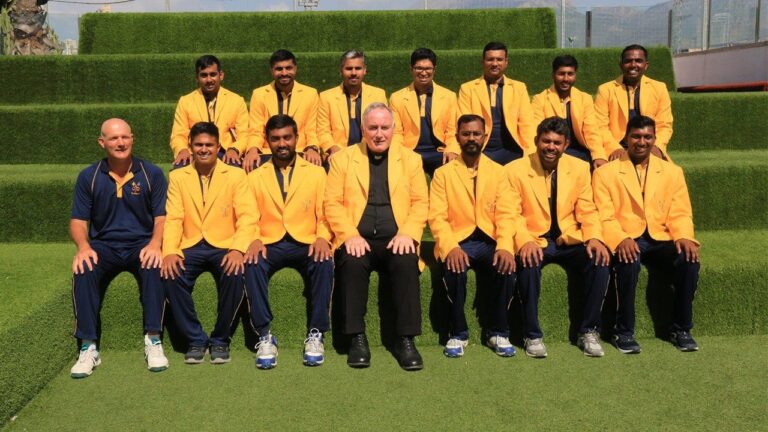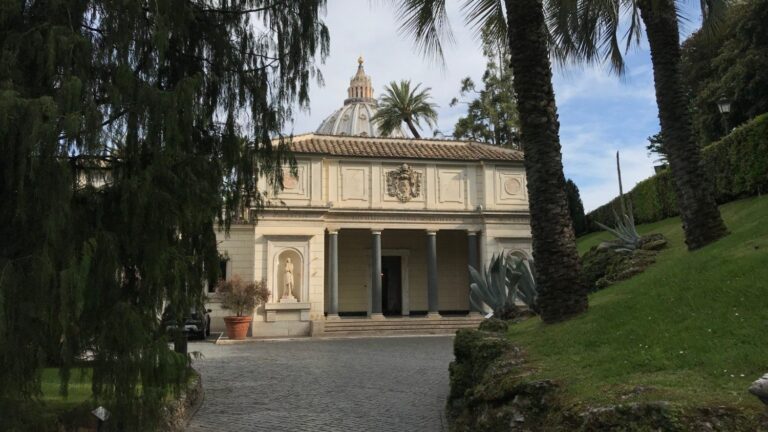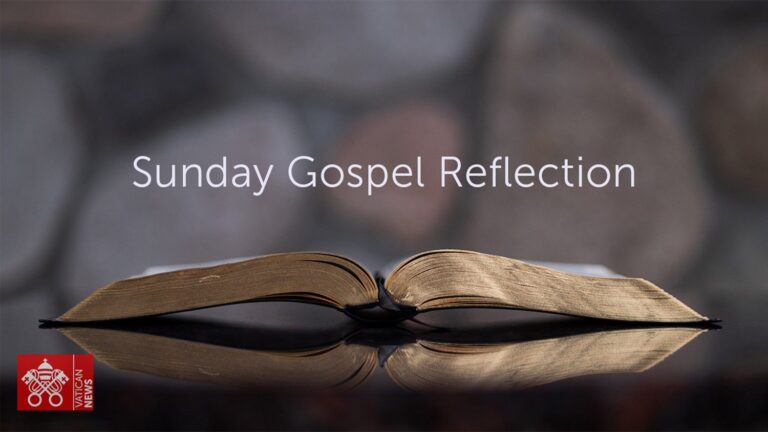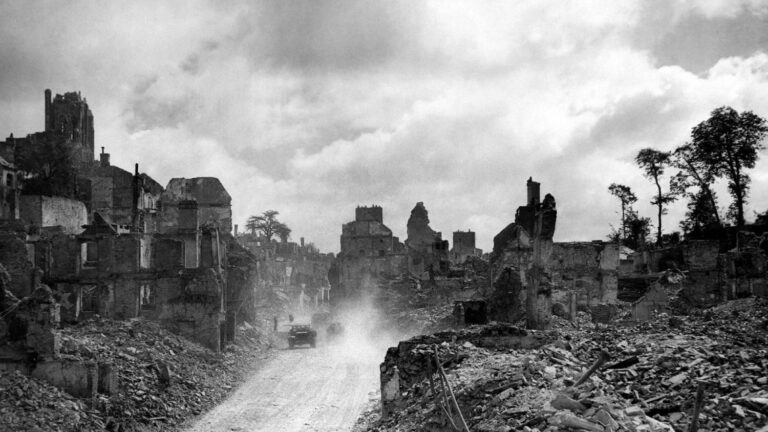Holy See highlights Indigenous youth as guardians of culture
In a statement addressed to the United Nations Permanent Forum on Indigenous Issues during its 23rd session in New York on April 16, Archbishop Gabriele Caccia, Permanent Observer of the Holy See to the United Nations, spoke of the importance to support indigenous peoples, particularly young people. and cultivate dialogue.
By Sr Francine-Marie Cooper
Archbishop Caccia, Permanent Observer of the Holy See to the UN, spoke Tuesday at the 23rd session of the United Nations Permanent Forum on Indigenous Issues in New York.
The priority theme of the meeting was: “Strengthening the right of indigenous peoples to self-determination in the context of the United Nations Declaration on the Rights of Indigenous Peoples: emphasizing the voices of indigenous youth”.
In his statement on Tuesday, the archbishop expressed that the Holy See recognizes the work of the Permanent Forum on indigenous issues. He continued to offer some “thoughts on this year’s priority theme.”
Referring to the United Nations Declaration on the Rights of Indigenous Peoples (UNDRIP), the archbishop described the importance of recognizing “the role of indigenous youth as present and future custodians of their culture.”
He explained that Pope Francis encouraged indigenous young people to preserve their cultures and roots by fighting against exclusion, waste and poverty in order to build a more just and humane world.
Youth as a safeguard and bridge
The Vatican diplomat also spoke of the contribution that indigenous youth must make in the cultural field. “They can actively engage in safeguarding and revitalizing their cultural practices and contribute to preserving the distinct lifestyles of their communities, which are an integral part of their right to self-determination,” he said .
Indigenous youth serve as “bridges between generations, fostering intergenerational dialogue, understanding and cooperation within their communities,” the archbishop added.
They are also “at the forefront of advocating for the protection of ancestral lands, natural resources and ecosystems, which constitute a key part of the identity of indigenous peoples”.
The importance of dialogue
The archbishop encouraged dialogue with indigenous peoples and further explained that dialogue and identity are not mutually exclusive. He urged States to promote a “culture of encounter” rather than “a completely closed, ahistorical and static “indigenism”, which would reject any form of mixture”.
The Vatican diplomat concluded with the words of Pope Francis, who insists that “God, Creator and Father of all people and of all that exists, calls us today to live and bear witness to our human call to universal fraternity, freedom and justice. , dialogue, reciprocal encounter, love and peace, and avoid fueling hatred, resentment, division, violence and war.
